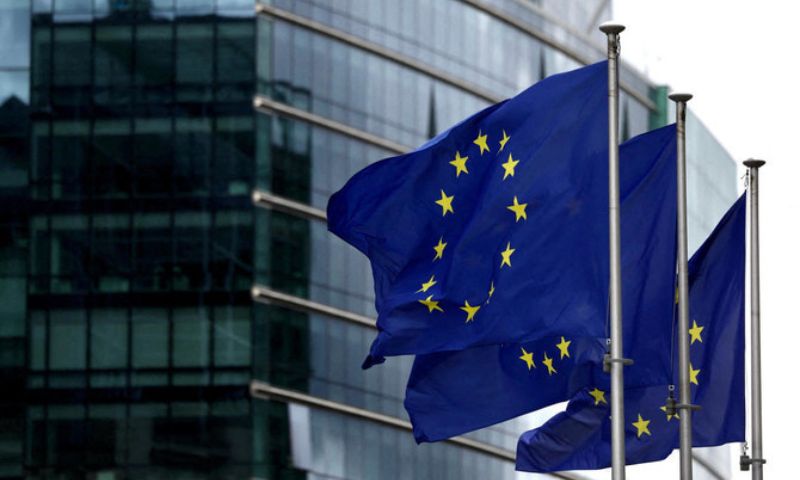EU recalls ambassador amid rising tensions with Niger

Diplomatic relations between Niger and the European Union (EU) have taken another hit as Brussels recalls its ambassador, citing disagreements over the management of humanitarian aid following devastating floods in the West African nation.
Dispute Over Humanitarian Aid
At the heart of the rift is a €1.3 million humanitarian aid package provided by the EU to assist victims of severe flooding in Niger.
The Nigerien government has criticized the handling of the funds, alleging a lack of consultation with local authorities.
Instead, the aid was distributed directly through international organizations, including the International Committee of the Red Cross and the Danish Refugee Council.
In a statement, Niger’s Ministry of Foreign Affairs condemned what it called a “unilateral” approach, asserting that it undermined principles of transparency and collaboration.
The transitional government has since called for an audit to scrutinize the allocation and use of the funds.
EU Defends Its Position
The European Union has strongly refuted the allegations, maintaining that its humanitarian assistance is delivered with neutrality, impartiality, and independence.
In a statement, an EU diplomatic spokesperson expressed concern over what they termed as “the politicization of humanitarian aid.”
The EU emphasized that its efforts are aimed solely at addressing the urgent needs of vulnerable populations.
A Strained Diplomatic Landscape
This incident unfolds against a backdrop of strained relations between Niger and its European partners, particularly following the July 2023 military coup that ousted President Mohamed Bazoum.
The regime’s frosty ties with France, Niger’s former colonial ruler, have spilled over to other European nations, creating a climate of mistrust and conflict.
The EU’s decision to recall its ambassador signals not just a response to the immediate disagreement but also reflects a broader diplomatic discord.
Broader Implications
Beyond the immediate dispute over aid, the controversy highlights a deeper conflict over governance and international cooperation.
Niger’s military regime appears intent on consolidating control over foreign resources and aid, a move seen by some as an effort to assert its authority domestically and internationally.
For its part, the EU insists that adherence to principles of transparency and impartiality in aid distribution remains non-negotiable.
This standoff, however, risks further complicating international efforts to address Niger’s growing humanitarian and economic crises, leaving vulnerable communities caught in the crossfire of geopolitics.
About The Author
dailymailafric
I am an avid African news observer, and an active member of Daily Mail Africa.
I’m Passionate about staying informed on diverse topics across the continent,
I actively contribute to publishing on political, economic and cultural developments in Africa.



